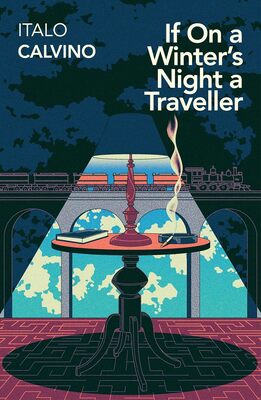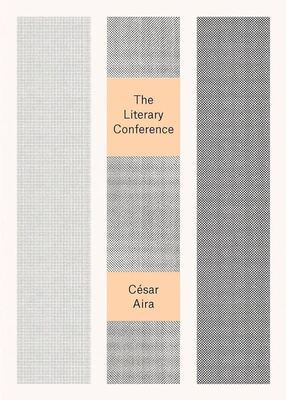
“Don’t be amazed if you see my eyes always wandering. In fact, this is my way of reading, and it is only in this way that reading proves fruitful for me. If a book truly interests me, I cannot follow it for more than a few lines before my mind, having seized on a thought that the text suggests to it, or a feeling, or a question, or an image, goes off on a tangent and springs from thought to thought, from image to image, in an itinerary of reasonings and fantasies that I feel the need to pursue to the end, moving away from the book until I have lost sight of it. The stimulus of reading is indispensable to me, and of meaty reading, even if, of every book, I manage to read no more than a few pages. But those few pages already enclose for me whole universes, which I can never exhaust.”
An intellectual’s uniqueness can be established by examining their combined readings. How many people can there be in the world who have read these two books: The Philosophy of Life Experience by A. Bogdanov, and Faust by Estanislao del Campo? Let us put aside, for the moment, any reflections these books might have provoked, how they resonated or were assimilated, all of which would necessarily be personal and nontransferable. Let us instead turn to the raw fact of the two books themselves. The concurrence of both in one reader is improbable, insofar as they belong to two distinct cultural environments and neither belongs to the canon of universal classics. Even so, it is possible that one or two dozen intellectuals across a wide swathe of time and space might have taken in this twin nourishment. As soon as we add a third book, however, let us say La Poussière de soleil by Raymond Roussel, that number becomes drastically reduced. If it is not “one” (that is, I), it will come very close. Perhaps it is “two,” and I would have good reason to call the other “mon semblable, mon frère.” One more book, a fourth, and I could be absolutely certain of my solitude. But I have not read four books; chance and curiosity have placed thousands in my hands. And besides books, and without departing from the realm of culture, there are records, paintings, movies . . . All of that, as well as the texture of my days and nights since the day I was born, gave me a mental configuration different from all others.
Every new book I read comes to be a part of that overall and unitary book that is the sum of my readings. This does not come about without some effort: to compose that general book, each individual book must be transformed, enter into a rela- tionship with the books I have read previously, become their corollary or development or confutation or gloss or reference text. For years I have been coming to this library, and I explore it volume by volume, shelf by shelf, but I could demonstrate to you that I have done nothing but continue the reading of a single book.”
